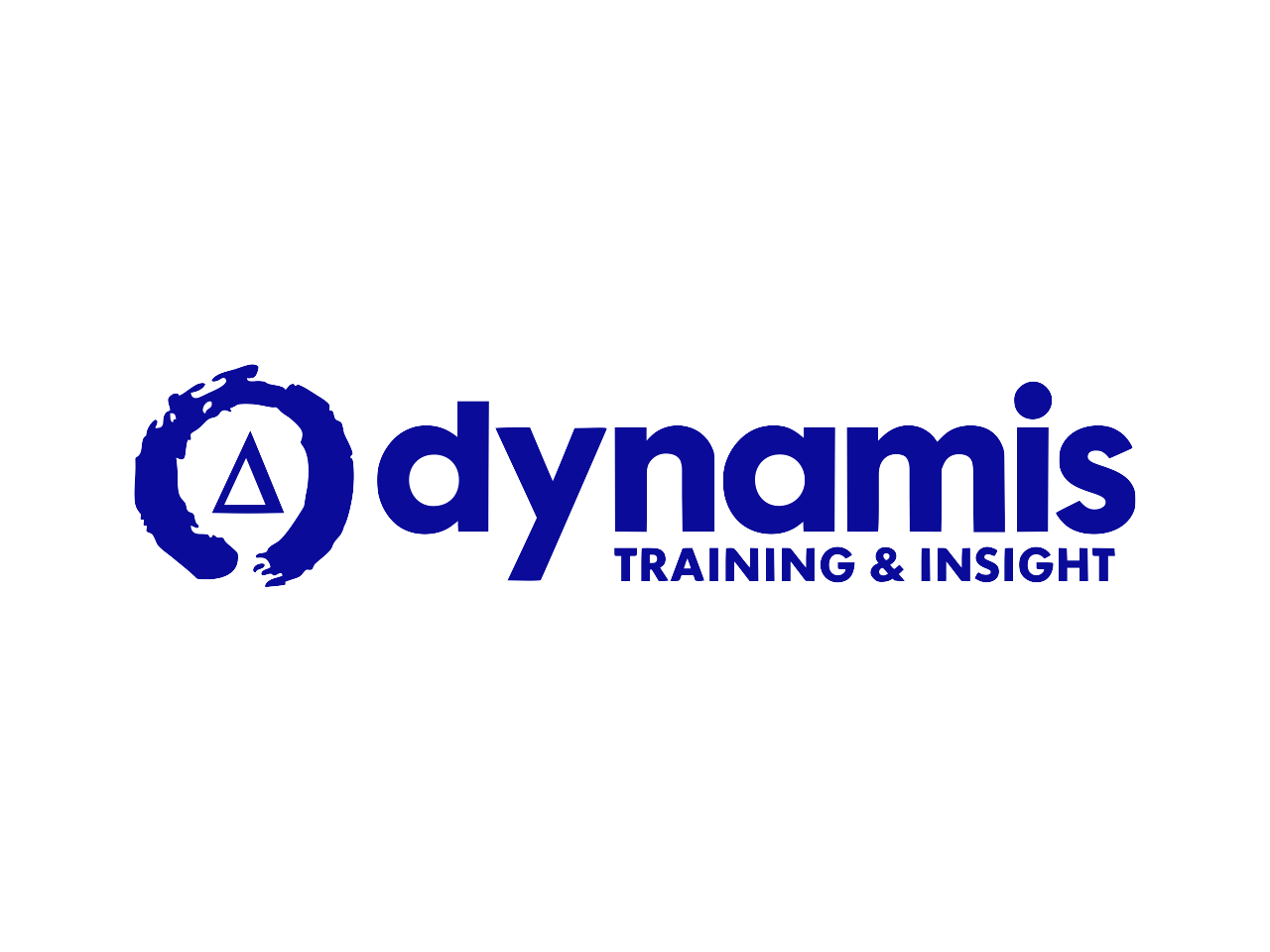The Power of Deescalation Training in Utility Companies
Utility company engineers are often the unsung heroes behind the uninterrupted flow of energy, water, and gas. These engineers are responsible for ensuring that the infrastructure that provides these vital services is safe, reliable, and properly maintained. However, their job is not just limited to technical expertise and problem-solving skills. They must also have excellent communication and customer service skills to interact with customers who may be experiencing service interruptions, billing issues, or other concerns. This is where deescalation training comes in.
What is deescalation training?
Deescalation training is a type of training that teaches individuals how to recognize the early signs of conflict and how to take action to prevent it from escalating further. The training focuses on techniques for effective communication, active listening, and conflict resolution. It also covers how to manage emotions during conflicts and how to stay calm and focused in difficult situations.
Why is deescalation training necessary for utility company engineers?
Utility company engineers are often the first point of contact for customers experiencing service interruptions or other issues. These customers may be frustrated, angry, or upset, and it’s the engineer’s job to resolve the issue while providing excellent customer service. Deescalation training is necessary for utility company engineers to help them manage difficult situations effectively. The training teaches engineers how to recognize the early signs of conflict and how to take action to prevent it from escalating further. It also provides engineers with the necessary skills to communicate effectively, listen actively, and resolve conflicts peacefully.
Benefits of deescalation training for utility company engineers
Deescalation training provides a variety of benefits for utility company engineers, including:
- Increased safety – Deescalation training can teach engineers how to recognize and manage aggressive behavior, reducing the risk of physical harm to themselves and customers.
- Improved customer service – When engineers can manage difficult situations effectively, they can provide better customer service and increase customer satisfaction.
- Increased staff morale – When engineers feel confident in their ability to manage difficult situations, they are more likely to feel satisfied with their job and less likely to experience burnout.
- Reduced liability – When engineers are trained to manage difficult situations effectively, it can reduce the risk of legal liability for the utility company.
Real-world examples
One utility company that has seen the benefits of deescalation training for its engineers is Scottish Power. They implemented a deescalation training program for their engineers, which included role-playing exercises to help them practice their skills in a safe and controlled environment. The training taught engineers how to recognize the early signs of conflict, communicate effectively, and resolve conflicts peacefully.
As a result of the training, Scottish Power saw a significant improvement in customer satisfaction ratings. Customers reported feeling more satisfied with the engineers’ handling of their issues and praised their communication and problem-solving skills. The training also had a positive impact on the engineers, who reported feeling more confident and empowered when dealing with difficult situations.
Conclusion
In conclusion, deescalation training is essential for utility company engineers to manage difficult situations effectively and provide excellent customer service. The training teaches engineers how to recognize the early signs of conflict, communicate effectively, and resolve conflicts peacefully. By investing in deescalation training, utility companies can create a safer and more positive environment for their engineers and customers alike. The power of deescalation training can help utility companies achieve high levels of customer service, leading to increased satisfaction and loyalty among customers.
